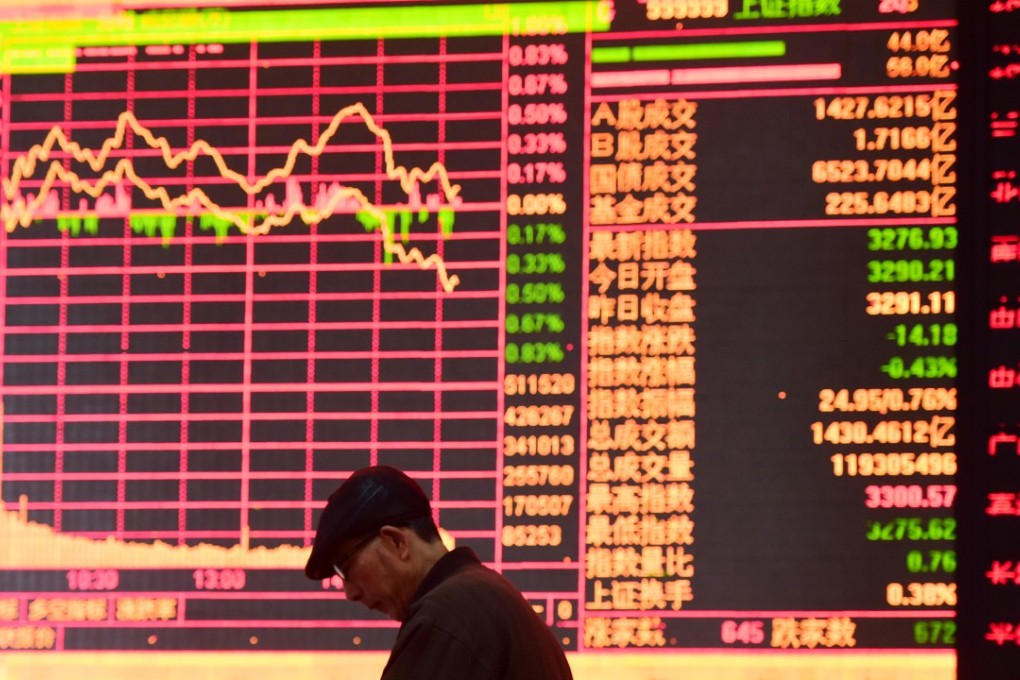China bars access to offshore tech darlings in unexpected move to halt capital flight as markets fall
The temporary exclusion of companies with so-called weighted voting rights (WVRs) could hurt Xiaomi and other tech start-ups

China’s equities bourses will temporarily bar mainland Chinese investors from trading companies with multiple classes of stocks, in a move to prevent domestic capital from fleeing the country’s bear market to Xiaomi and other offshore-listed darlings of global finance.
“Many [Chinese] investors have said that still lack a proper understanding of these new equity products, especially with regards to the operational and financial systems of overseas companies,” the two bourses said in their joint statement.
Why China’s plan to launch the highly touted CDR scheme is still on hold
The surprise announcement, coming a week after Xiaomi became the first company with multiple classes of stock to trade in Hong Kong under new listing rules, would deny investors in mainland China - where Xiaomi earns most of its sales - the chance to partake in the earnings of the world’s fourth-largest smartphone maker.
Chinese regulators have good reason for concerned, as Shanghai’s benchmark Composite Index has slumped 23 per cent since January amid the steady drumbeat of the trade war between the US and China. The Shenzhen Composite Index has fallen 22 per cent over the same period, landing Asia’s largest combined equity market in bear territory.
